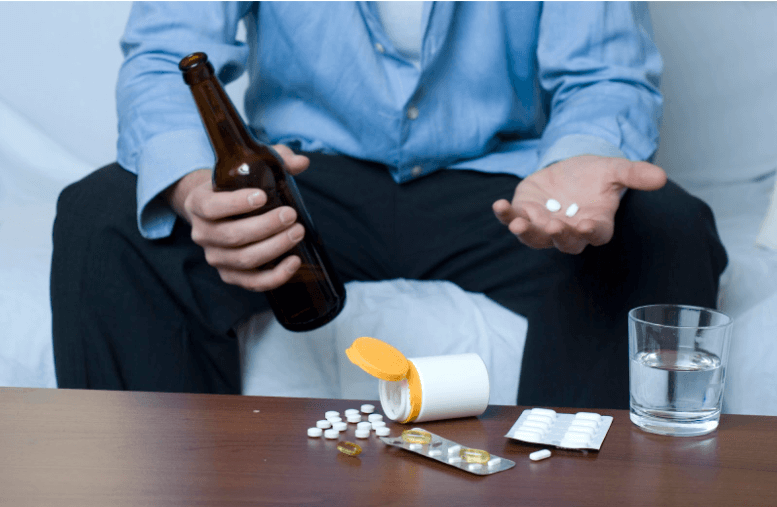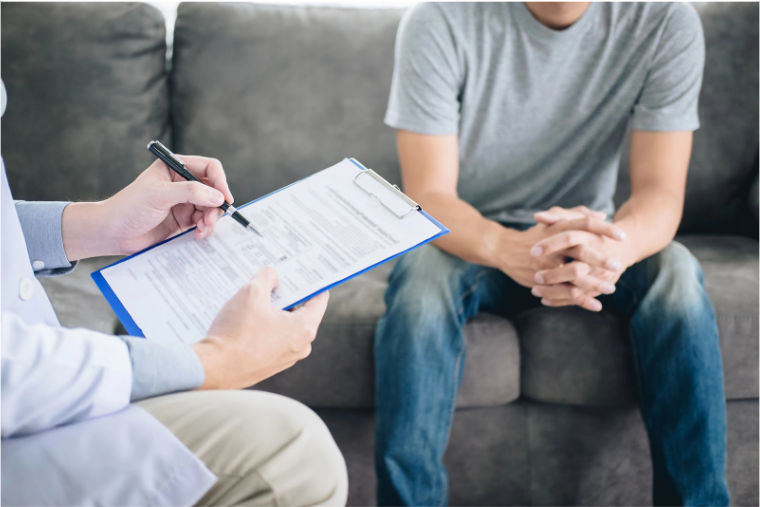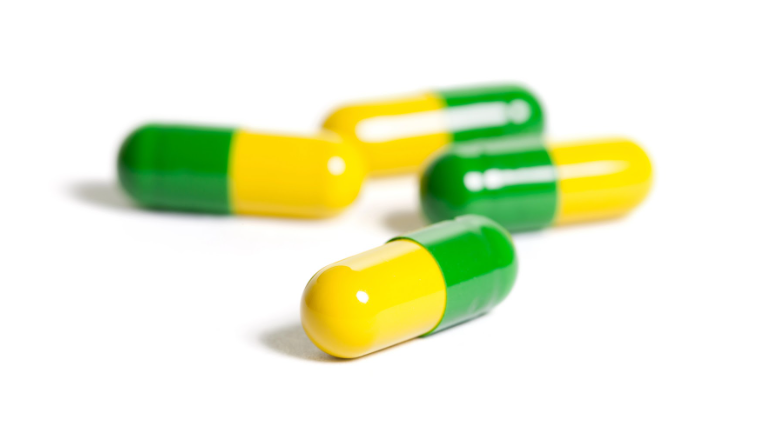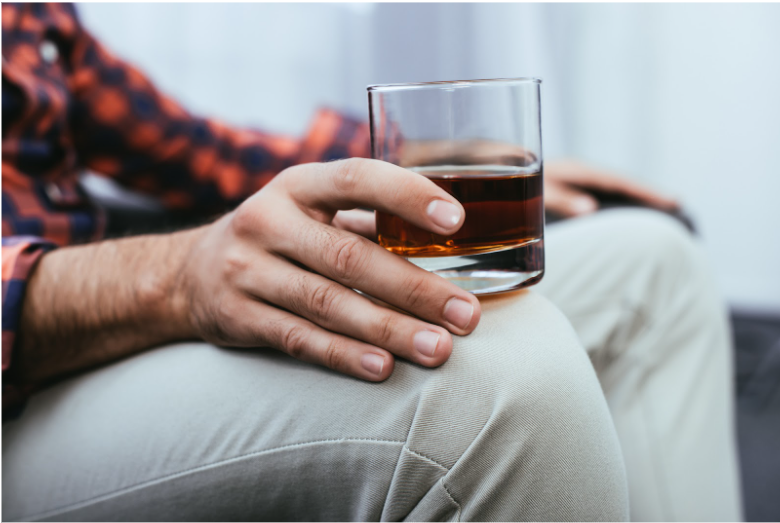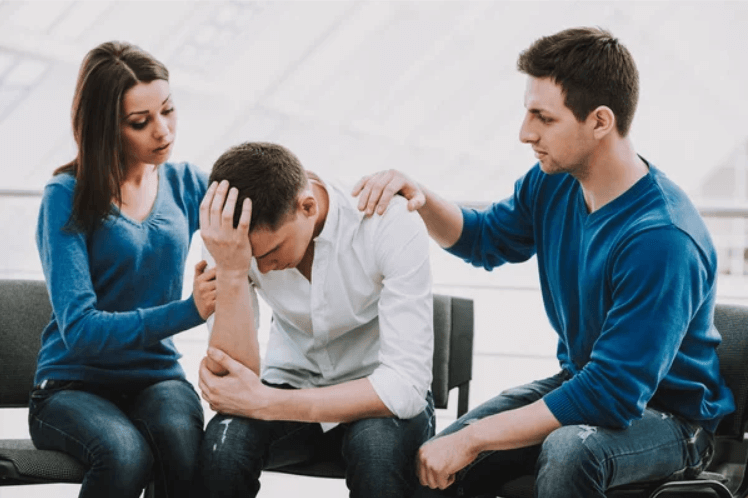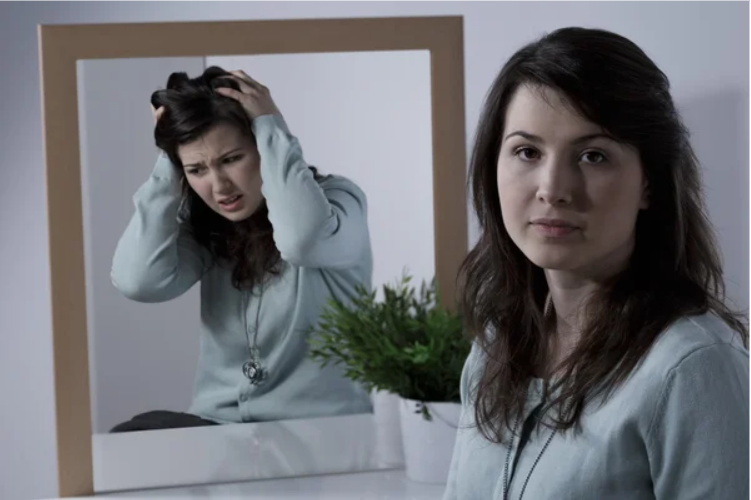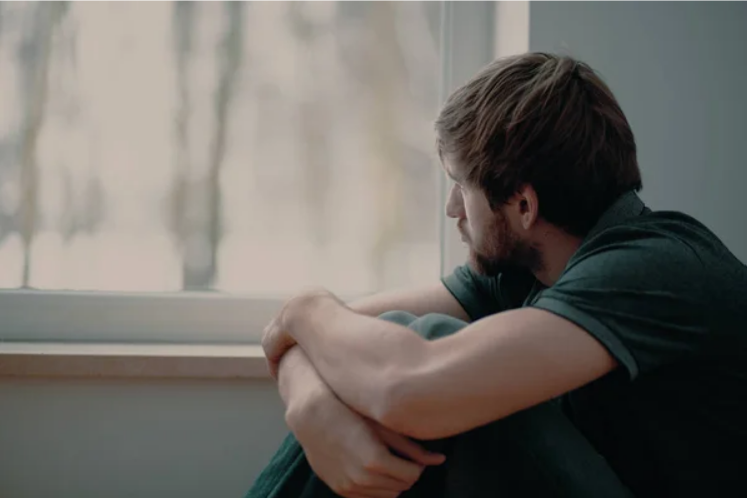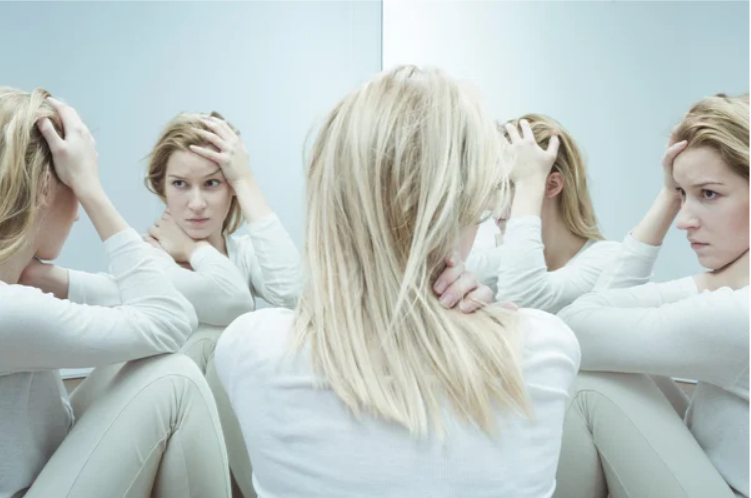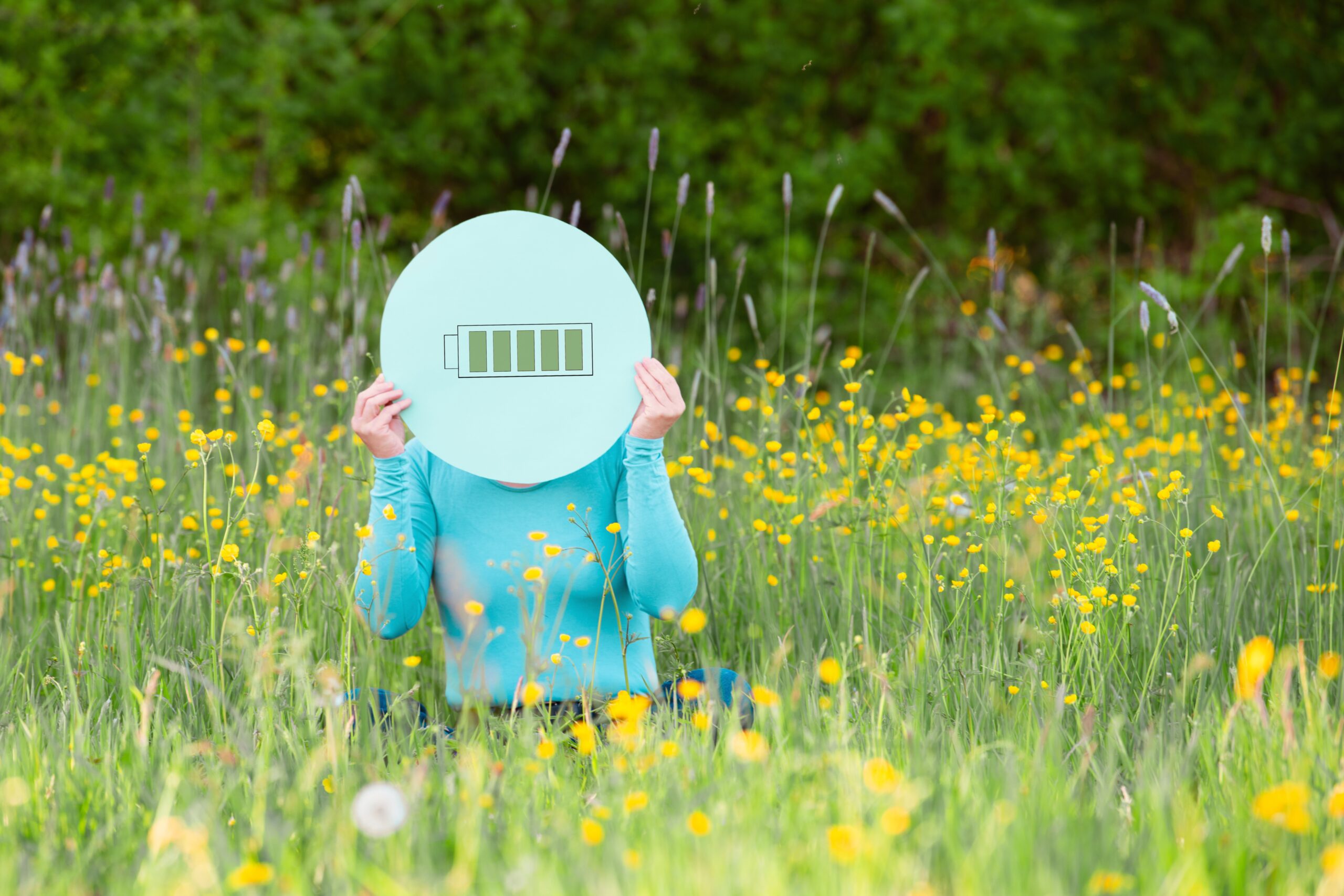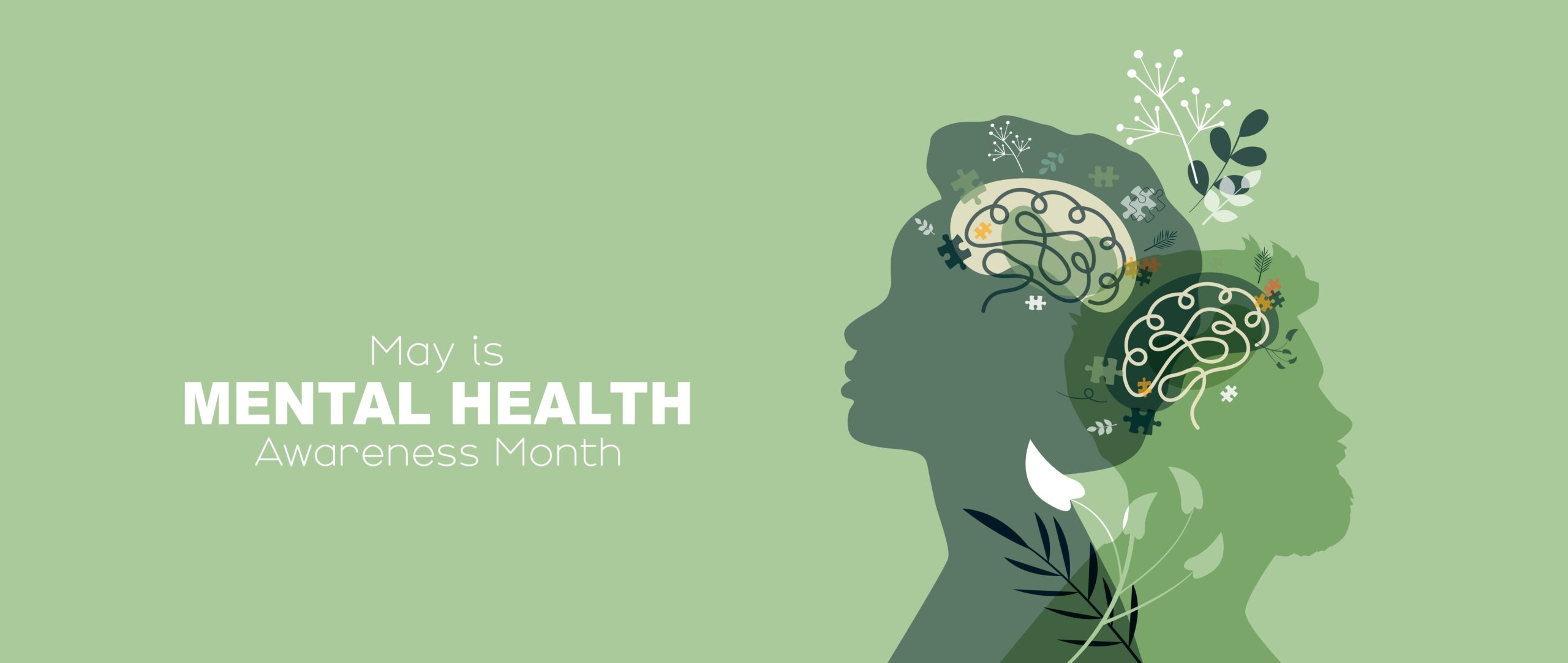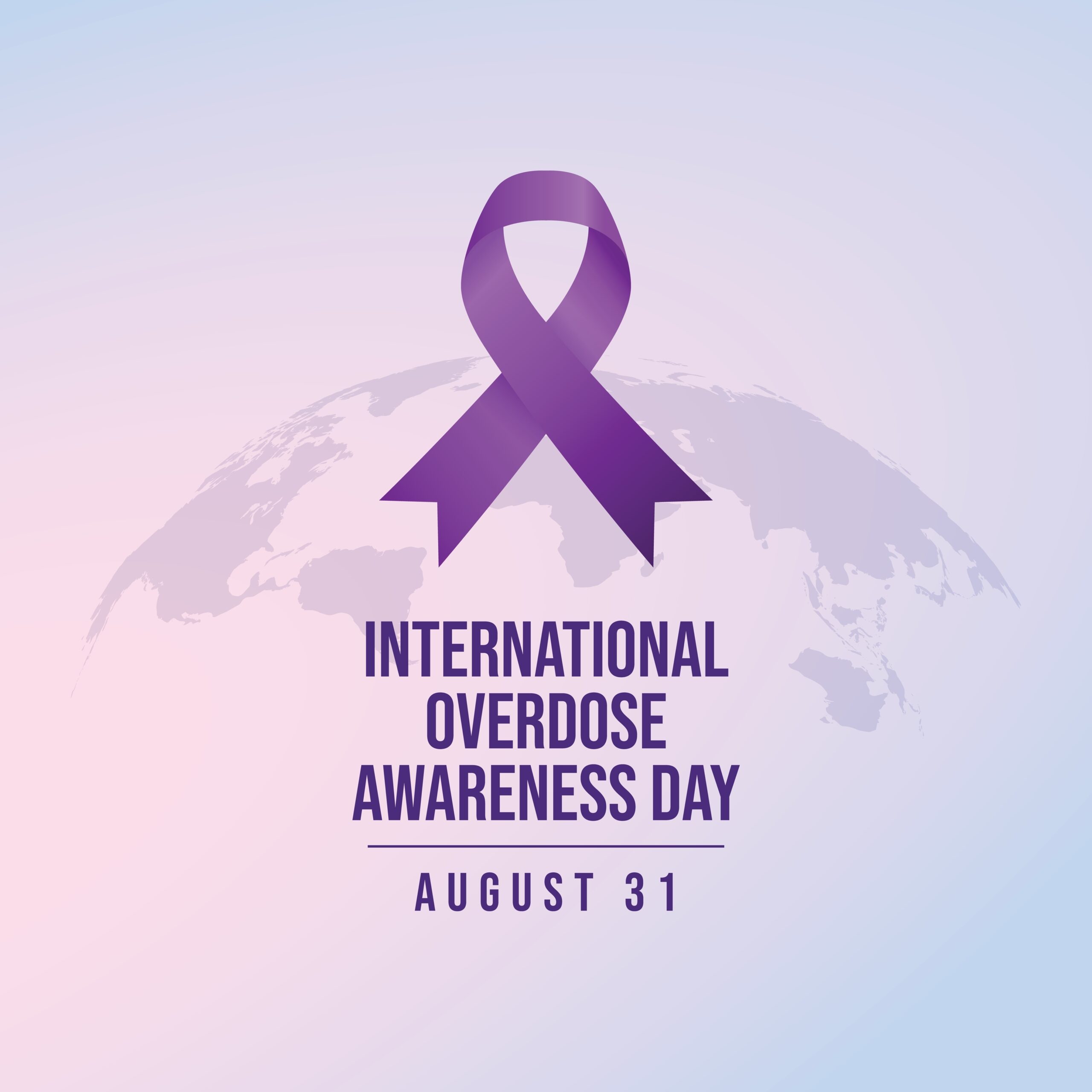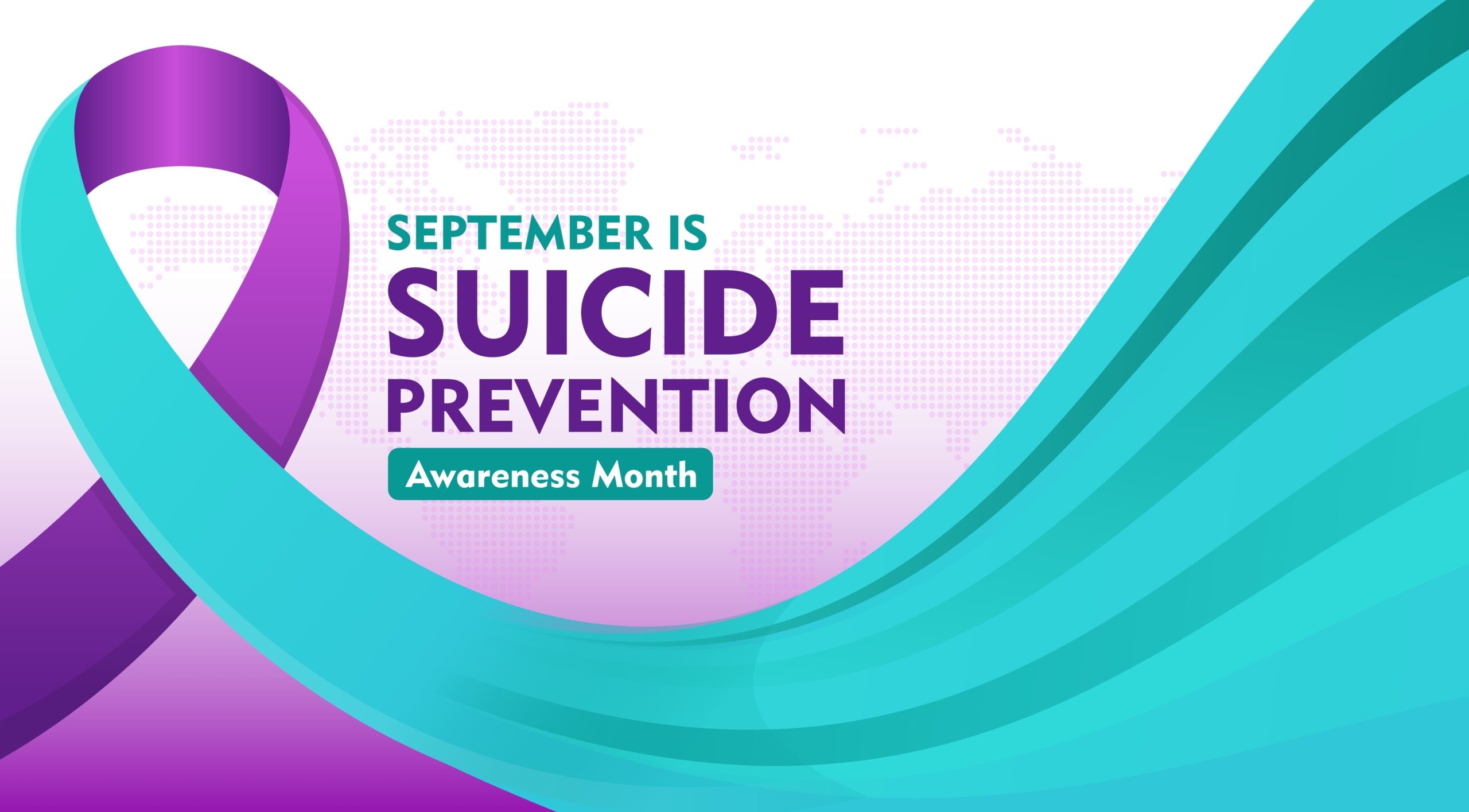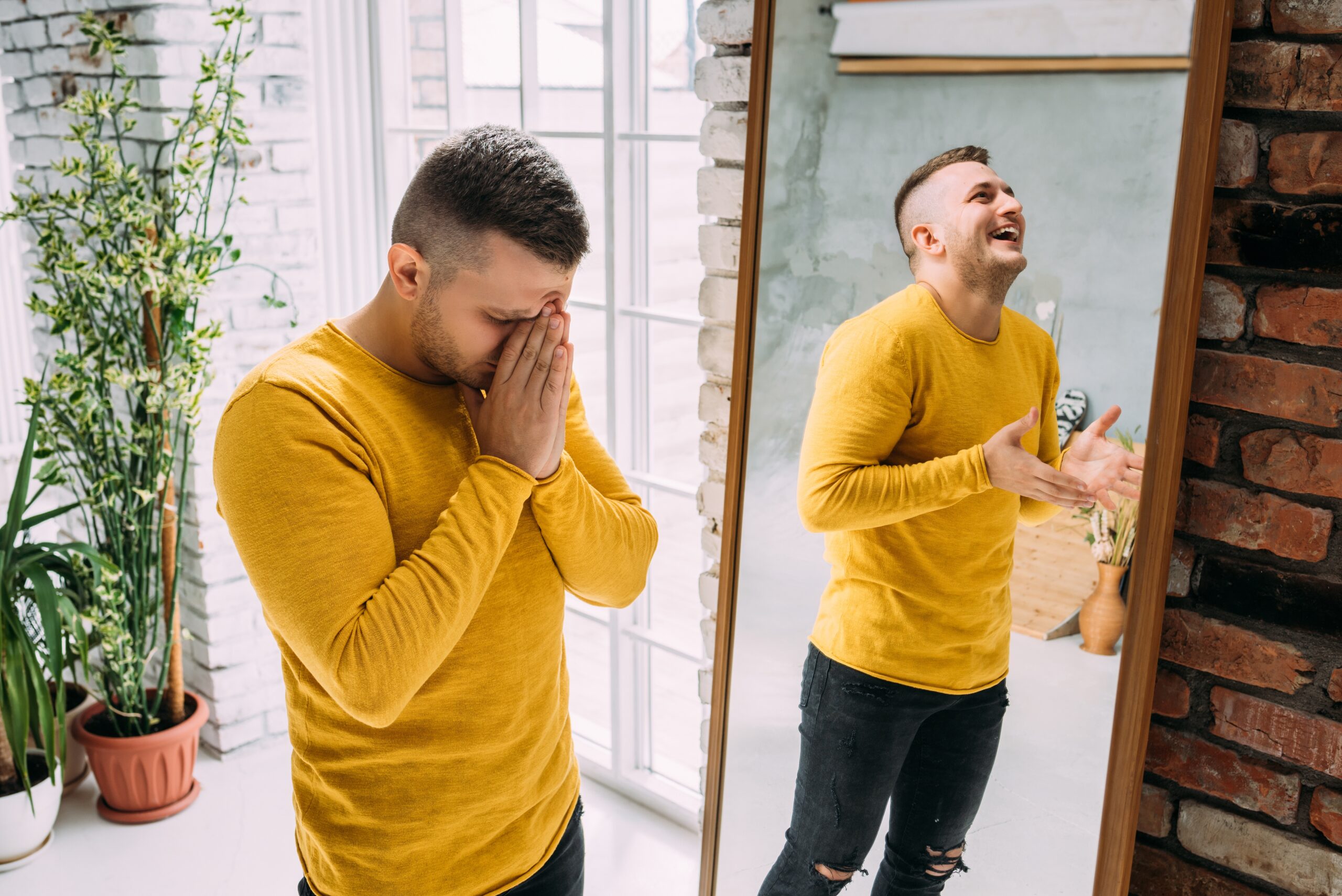Welcome! As we approach June 12th, we turn our attention to a very special occasion: Family Health and Fitness Day. This day serves as a vibrant reminder of the profound impact that shared activities and a focus on well-being can have on the family unit. It’s more than just a day; it’s an invitation to cultivate habits that foster not only physical strength but also mental resilience and emotional connection.
Today, let’s explore the significance of this day, especially for families navigating the complexities of healing, including recovery from mental health challenges and substance use. We believe that incorporating fitness and healthy practices as a family can be a cornerstone of a joyful, fulfilling life and a powerful adjunct to professional mental health treatment and substance use treatment.
At Aspire Recovery Center of Frisco, we witness daily the courage it takes for individuals and families to embark on a journey of recovery. This journey often involves comprehensive support, including outpatient treatment and the guidance of a licensed mental health counselor. We understand that healing is multifaceted, and Family Health and Fitness Day offers a wonderful opportunity to strengthen family bonds and build positive lifestyle changes that support long-term well-being.
We will look at how embracing such an occasion can be particularly beneficial when a loved one is receiving care at a recovery center or participating in ongoing therapy. So, let’s discover how we can all make June 12th a stepping stone towards a healthier, more connected family life.
What is Family Health and Fitness Day? A Celebration of Wellbeing
So, what exactly is Family Health and Fitness Day? Officially observed on the second Saturday in June by the National Recreation and Park Association (NRPA), many communities and organizations also embrace the spirit of this day throughout the month, with a special focus on June 12th as a day to galvanize families into action.
It’s a nationwide initiative designed to promote the importance of parks and recreation in keeping communities healthy and active, with a particular emphasis on families engaging in these activities together. The core idea is simple yet powerful: when families play and get active together, they build healthier bodies, stronger minds, and more resilient relationships.
The History
The origins of this day stem from a growing awareness of the need for accessible and enjoyable health-promoting activities for people of all ages. In an era where sedentary lifestyles and disconnectedness can often prevail, Family Health and Fitness Day encourages us to pause our busy schedules and consciously invest in our collective well-being. It’s about creating memories, sharing laughter, and discovering the joy of movement as a unit. This isn’t about intense athletic prowess; rather, it’s about participation, enjoyment, and the establishment of healthy habits that can last a lifetime.
The Family
Why is the “family” aspect so crucial? Families are the foundational units of our society. The habits, values, and emotional patterns developed within a family often shape an individual’s approach to life, including their health. When a family collectively prioritizes health and fitness, it creates a supportive environment where healthy choices become the norm.
For children, seeing their parents active and engaged in healthy pursuits sets a powerful example. For adults, involving the family can provide motivation, accountability, and a deeper sense of purpose to their own health goals. This shared journey can be particularly vital when a family is supporting a member undergoing mental health treatment, as it fosters a sense of normalcy, connection, and shared positive experiences.
We often see that when one person in a family decides to make positive health changes, it can inspire others to join in, creating a ripple effect of well-being. Imagine a family deciding to explore a local park trail for the first time on this day; the shared discovery, the fresh air, the physical exertion, however mild, all contribute to a positive collective experience that strengthens their bond. This simple act can become a cherished memory and the beginning of a new family tradition.
The Community
The broader implications for community health are also significant. When multiple families in a neighborhood or town participate, it cultivates a community-wide culture of health. Local parks become vibrant hubs of activity, and there’s a shared sense of purpose in promoting well-being. This collective energy can lead to increased demand for and support of recreational facilities, green spaces, and community health programs.
It’s a day that champions the idea that healthy families build healthy communities. We believe that this spirit of proactive wellness is a key component in preventative care and overall societal health, reducing the strain on healthcare systems and fostering a more energetic and positive populace.
Why Fitness Helps Mental and Physical Healing
The connection between physical fitness and mental well-being is an area of ever-growing research and understanding, and its importance cannot be overstated, especially when considering comprehensive mental health treatment and physical healing. It’s a symbiotic relationship where benefits in one area frequently lead to improvements in the other.
Physical Exercise
When we engage in physical activity, our bodies release endorphins, which are natural mood lifters. This can lead to an almost immediate reduction in feelings of stress, anxiety, and depression. Think of it as nature’s own antidepressant, accessible to everyone. For individuals undergoing mental health treatment, incorporating a regular fitness routine can be a powerful complementary strategy to therapy and medication, helping to stabilize mood and improve overall outlook.
Beyond the immediate chemical benefits, fitness contributes to mental healing in numerous ways. Regular exercise helps to regulate sleep patterns, which are often disrupted in individuals experiencing mental health challenges. Improved sleep, in turn, leads to better energy levels, clearer thinking, and enhanced emotional regulation.
Physical activity can also improve cognitive functions such as memory, attention, and concentration. This is particularly relevant for those recovering from conditions that may impact cognitive abilities. The simple act of focusing on movement, on the rhythm of one’s breath during a walk or a run, can be a form of active meditation, providing a respite from racing thoughts or persistent worries.
Small Wins Everyday
Moreover, engaging in fitness activities can foster a profound sense of accomplishment and boost self-esteem. Setting and achieving small fitness goals – whether it’s walking for an extra five minutes, lifting a slightly heavier weight, or mastering a new yoga pose – builds confidence and a sense of agency. This is incredibly empowering, especially for individuals who may feel a loss of control due to their mental health condition or experiences related to substance use treatment.
We’ve seen individuals in outpatient treatment programs discover a newfound strength, both physically and mentally, through the introduction of structured exercise. For example, a person who has felt weighed down by depression might find that a brisk walk each morning not only clears their head but also provides a tangible achievement to start their day, shifting their perspective from one of helplessness to one of capability.
From a physical healing perspective, particularly for those recovering from the physiological toll of substance use, fitness is paramount. Substance use treatment often involves addressing the physical damage caused by prolonged substance dependence.
Exercise helps to rebuild strength, improve cardiovascular health, restore healthy organ function, and manage withdrawal symptoms. It can also aid in managing cravings by providing a healthy outlet for stress and a distraction from triggers.
Discipline
The discipline required to stick to a fitness routine can mirror the discipline needed for sustained recovery, reinforcing positive behavioral patterns. Imagine someone who has sought help at a recovery center. As they progress in their journey, incorporating activities like jogging or team sports can help them reconnect with their body in a positive way, replacing harmful habits with health-affirming ones. This physical revitalization often translates into increased energy and motivation to engage more fully in their therapeutic process and rebuild their life. The structure of an outpatient treatment program often encourages such healthy lifestyle integrations, providing a supportive framework for these changes.
Socialization
The psychological benefits extend further. Participating in group fitness activities can combat feelings of isolation, which are common in both mental health and substance use recovery. It offers a chance for positive social interaction in a non-judgmental setting, fostering a sense of community and belonging. This camaraderie can be a vital support system, augmenting the professional help received from therapists and counselors. The shared effort and mutual encouragement in a group class or a sports team can be incredibly uplifting. We understand that fitness isn’t a cure-all, but it is undeniably a powerful tool that supports both mental and physical healing, working in concert with professional treatment to help individuals achieve holistic well-being.
Inspiring Family Health and Fitness Day Activities for Holistic Recovery
Celebrating Family Health and Fitness Day is all about finding enjoyable ways to get active together, and there’s a wealth of Family Health and Fitness Day activities that can contribute to holistic recovery and family bonding. The beauty of this day lies in its flexibility; it’s not about adhering to a rigid set of rules, but about embracing movement and connection in ways that suit your family’s unique preferences and abilities. The goal is to create positive, lasting memories while nurturing both physical and mental health.
Let’s explore some inspiring ideas for Family Health and Fitness Day activities:
Explore the Great Outdoors
Nature has a remarkable way of healing and rejuvenating.
- Family Hikes or Nature Walks: Choose a local trail that matches your family’s fitness level. Pack a healthy picnic to enjoy along the way. This is a fantastic way to disconnect from screens and reconnect with each other and the environment.
- Bike Rides: Whether it’s a leisurely ride through the neighborhood or a more adventurous trail, cycling is a great cardiovascular workout that’s fun for all ages.
- Park Play: Visit a local park and engage in classic games like frisbee, tag, or flying a kite. Many parks also have public fitness equipment you can try together.
- Gardening: Starting a small family garden, even if it’s just a few pots on a balcony, can be a rewarding activity. It teaches responsibility, provides gentle physical activity, and you get to enjoy the fruits (and vegetables!) of your labor.
Fun At-Home Fitness
You don’t need to go far to get active.
- Family Workout Challenge: Create a simple circuit of exercises like jumping jacks, push-ups (on knees is fine!), squats, and planks. Play some upbeat music and cheer each other on.
- Dance Party: Clear some space, put on your favorite tunes, and let loose! Dancing is an excellent stress reliever and a joyful way to get your heart rate up.
- Active Video Games: Many gaming consoles offer interactive sports or dance games that can get the whole family moving and laughing.
- Obstacle Course: Use pillows, blankets, furniture (safely!), and hula hoops to create an indoor or backyard obstacle course.
Community Engagement
Look for local events that align with Family Health and Fitness Day.
- Fun Runs or Walks: Many communities organize family-friendly 5Ks or charity walks. Participating can give your family a shared goal and a sense of community.
- Free Community Fitness Classes: Check with your local recreation centers or parks department. They often offer free introductory classes for yoga, Zumba, or other activities on such occasions.
Mindful Movement and Wellness
Fitness isn’t just about high-intensity workouts.
- Family Yoga or Stretch Session: Introduce gentle yoga poses or a simple stretching routine. This can help improve flexibility, reduce stress, and promote mindfulness. There are many free family-friendly yoga videos online.
- Healthy Cooking Together: Plan and prepare a nutritious meal as a family. This promotes healthy eating habits and provides another avenue for connection.
Making Activities Inclusive and Supportive
When a family member is in recovery, it’s important to choose activities that are supportive and enjoyable for everyone.
- Fun, Not Competition: The emphasis should be on participation and enjoyment, rather than who is the “best” or “fastest.”
- Adapt to All Abilities: Choose activities that can be modified to suit different fitness levels and physical limitations. A gentle walk can be just as beneficial as a vigorous run.
- Open Communication: Talk about what everyone enjoys and feels comfortable doing. This is especially important if someone is managing anxiety or physical discomfort.
- Celebrate Efforts: Acknowledge and appreciate everyone’s participation and effort, no matter how small it may seem.
Incorporating these Family Health and Fitness Day activities can create a positive and supportive environment that complements the healing process. These shared experiences can strengthen family bonds, reduce stress, and build healthy routines that contribute to long-term well-being for everyone, especially those navigating the path of mental health treatment or substance use treatment. It’s about creating a lifestyle where health and togetherness go hand in hand, making the journey of recovery a shared and supported one.
Healing Together
The journey of recovery from mental health challenges or substance use is deeply personal, yet it is profoundly influenced by the support systems surrounding an individual. Family Health and Fitness Day can be a beautiful thread in the larger tapestry of healing, weaving in joy, connection, and healthy habits.
However, for sustained recovery, particularly in cases of substance use treatment, professional guidance and structured support are often essential. This is where resources like outpatient treatment programs, a dedicated recovery center, and the expertise of a licensed mental health counselor become invaluable pillars of strength.
Call on Aspire Recovery Center, Your Path to Healing
For families navigating the path of recovery, whether from mental health challenges or through substance use treatment, this day holds particular significance. It offers a chance to rebuild, reconnect, and reinforce positive lifestyle choices in a supportive and loving environment. The journey to healing is often multifaceted, benefiting immensely from professional guidance provided by a licensed mental health counselor and structured programs like outpatient treatment within a dedicated recovery center.
These resources provide the essential framework and therapeutic interventions, while family involvement and shared healthy activities can amplify the healing process, making it a more connected and supported experience. We believe that by embracing the spirit of Family Health and Fitness Day, families can strengthen their bonds and contribute positively to the overall mental health treatment and recovery journey.
At Aspire Recovery Center of Frisco, we are deeply committed to supporting individuals and families on their path to healing and lasting recovery. We understand the courage it takes to seek help, and we are here to provide comprehensive, compassionate care every step of the way. If you or a loved one is struggling with substance use or mental health disorders, we encourage you to reach out to us. Our Texas state-licensed and nationally-accredited outpatient treatment programs are specifically designed to promote healing, recovery, and personal growth.
Learn more about how our dedicated team, including experienced licensed mental health counselors, can create a personalized mental health treatment or substance use treatment plan for you or your family member.
Let us help you leverage every opportunity, including the positive spirit of Family Health and Fitness Day, to build a healthier, more hopeful future. Visit our website or call us today to discover how our recovery center can become your partner in healing. Together, we can raise awareness, foster a more compassionate environment, and support those affected on their journey to wellness.



